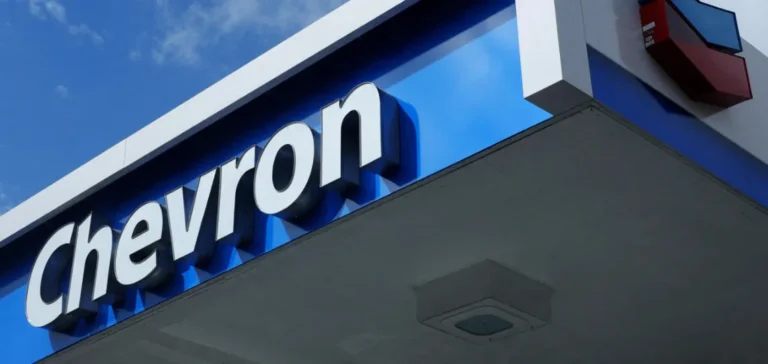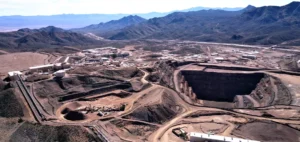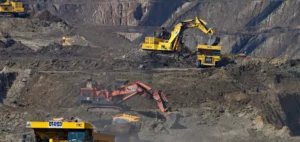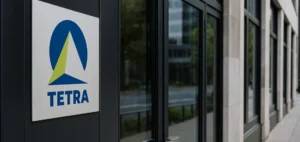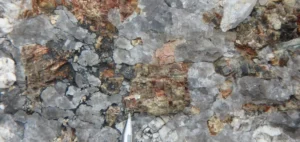Chevron U.S.A. Inc., a subsidiary of Chevron Corporation, announced the acquisition of two parcels of land intended for future lithium extraction in the United States. These acquisitions officially mark Chevron’s entry into commercial domestic lithium production, a strategic mineral whose usage is increasingly prevalent in energy storage systems and electric vehicle batteries.
Acquisitions and geological potential
The acquired land covers approximately 125,000 net acres, primarily situated in Northeast Texas and Southwest Arkansas. These areas align with the geological formation known as Smackover, identified as particularly lithium-rich. Chevron completed these acquisitions from TerraVolta Resources, a company supported by an affiliate of financial group The Energy & Minerals Group (EMG), and from East Texas Natural Resources LLC (ETNR).
The importance of lithium within American industrial supply chains has recently increased due to growing demand for this mineral, significantly used in the automotive sector and renewable energy industries. Currently, the United States is working to consolidate its strategic independence by developing domestic capacities for critical metals production.
Technological innovation in extraction
Chevron plans to exploit these sites using the Direct Lithium Extraction (DLE) method. This innovative process directly extracts lithium from underground brines, potentially offering greater efficiency compared to traditional methods. According to Chevron, the DLE technology also promises a lower environmental footprint, notably reducing water consumption and the infrastructure required for extraction operations.
Jeff Gustavson, President of Chevron New Energies, stated: “This acquisition represents a strategic investment aimed at supporting energy production and strengthening the U.S. supply of critical minerals.” Gustavson also highlighted that building a robust domestic logistics chain is essential given the growing demand driven by increased electrification within the American economy.
Industrial and security context
The acquisition occurs as the United States actively seeks to secure its supply of strategic metals, particularly due to geopolitical uncertainties and potential global supply disruptions. Lithium, specifically, holds a central place in U.S. industrial strategies, given its increasing significance in new energy technologies and rapidly evolving industrial sectors.
Chevron’s initiative reflects the broader intent of the U.S. industrial sector to reinforce supply chain resilience, particularly by gradually reducing dependence on imports.


